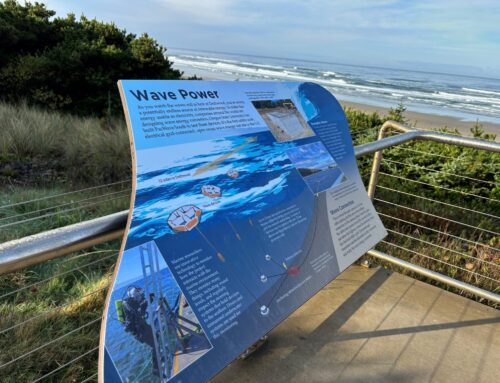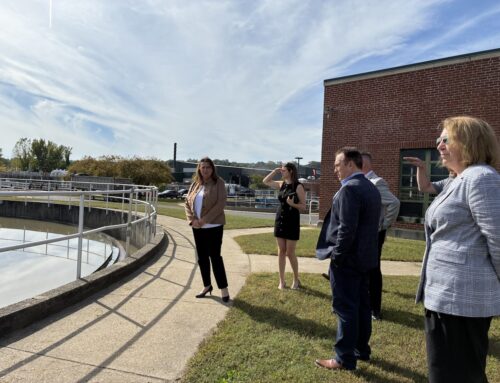Australia’s laws to protect the environment don’t work. Woodside’s 40-year greenlight prov
September 30, 2025
Australia’s law that is supposed to protect the environment and cultural heritage doesn’t work. There are few, if any, people who argue otherwise.
A case study comes via the environment minister Murray Watt’s statement of reasons for his approval of a 40-year life extension of the Woodside-operated North West Shelf gas plant in Western Australia.
The 74-page statement is illuminating on a few fronts. It shows the federal environment department and Watt rejected claims by Woodside and the WA government that acidic pollution from the plant – mainly nitrogen oxides and sulphur dioxide – had not damaged ancient Indigenous rock art found across the Murujuga cultural landscape that includes the peninsula.
Some of that rock art is estimated to be more than 50,000 years old. It includes what is believed to be the oldest known representation of a human face.
Watt also accepted department advice that future pollution from the North West Shelf could contribute to damaging or degrading this extraordinary cultural heritage. This conclusion raises plenty of questions about how the WA government is handling what is meant to be an independent rock art monitoring program. But from a federal point-of-view: so far, so good.
We now know Watt’s initial response was to approve the extension, but to require Woodside to reduceacidic pollution to below the “detectable limit” that affects rock art.
Woodside’s response was that this was “not technically feasible” and would amount to an “effective refusal” of its plans. In other words, the conditions would force it to stop operating the plant.
Sign up to get climate and environment editor Adam Morton’s Clear Air column as a free newsletter
Here is where things get sticky. Woodside did not have to publicly appeal Watt’s decision. It merely entered into private negotiations over the conditions.
The statement of reasons tells us the end result. Watt softened his initial position and instead imposed conditions that included acidic pollution having to fall 60% by 2030 and 90% by 2061.
The minister acknowledged his decision to require progressive, rather than immediate, cuts in acidic pollution meant there was a higher likelihood of Murujuga’s natural heritage being affected “in the short-term”, but said any impact “would be small and therefore outweighed by the social or economic factors”.
Woodside welcomed this change as providing “certainty for the ongoing operation of the North West Shelf Project, so it can continue to provide reliable energy supplies as it has for more than 40 years”.
This is a pretty clear illustration of what some environmentalists have argued for years: that the Environment Protection and Biodiversity Conservation (EPBC) Act, introduced by the Howard government in 1999, is misnamed. Its main role is to allow developments to be approved.
Environmental and First Nations’ cultural protection is weighed, but a secondary consideration to getting stuff built. Impact on the climate is basically not mentioned.
Only a couple of dozen proposals have been blocked outright in the law’s 25-year history, and about half of those decisions were in the two years and nine months that Peter Garrett was environment minister. Otherwise, the act has mostly been used to reach a settlement with industry.
Watt said as much on Monday, arguing a company proposing a development is always consulted about conditions when a decision is made under federal environmental law. That’s just how it works.
But should it be? The 2021 state of the environment report set out a pretty compelling case that the current approach is failing. Australia’s wild and culturally important places, and its extraordinary array of unique species, were found to generally be in poor and deteriorating health.
Case-by-case bargaining to get developments up won’t help fix that.
The final conditions on the North West Shelf extension are weaker than Watt initially proposed, but still stronger than those agreed with the WA government. It’s possible the minister’s starting position was only an ambit claim ahead of negotiations with Woodside, and was always going to be stepped back.
It’s also possible that the final conditions will still be difficult for the company to meet. Some analyses have suggested they could force Woodside to close two old and dirty LNG production lines after 2030, limiting its future production capacity.
That would be a significant change. But we don’t know how strictly the conditions on the North West Shelf extension will be enforced by future governments. And, either way, the process remains opaque and flawed.
Conservationists such as Matt Roberts, from the Conservation Council of WA, says there is an obvious fix: strip “politics and backroom negotiations” from the development approval process by handing decisions to a genuinely independent Environment Protection Agency.
It seems a bigger change than Watt, who has promised legislation by November to fix the environment law, is contemplating. But the case is getting stronger.
Search
RECENT PRESS RELEASES
Related Post



